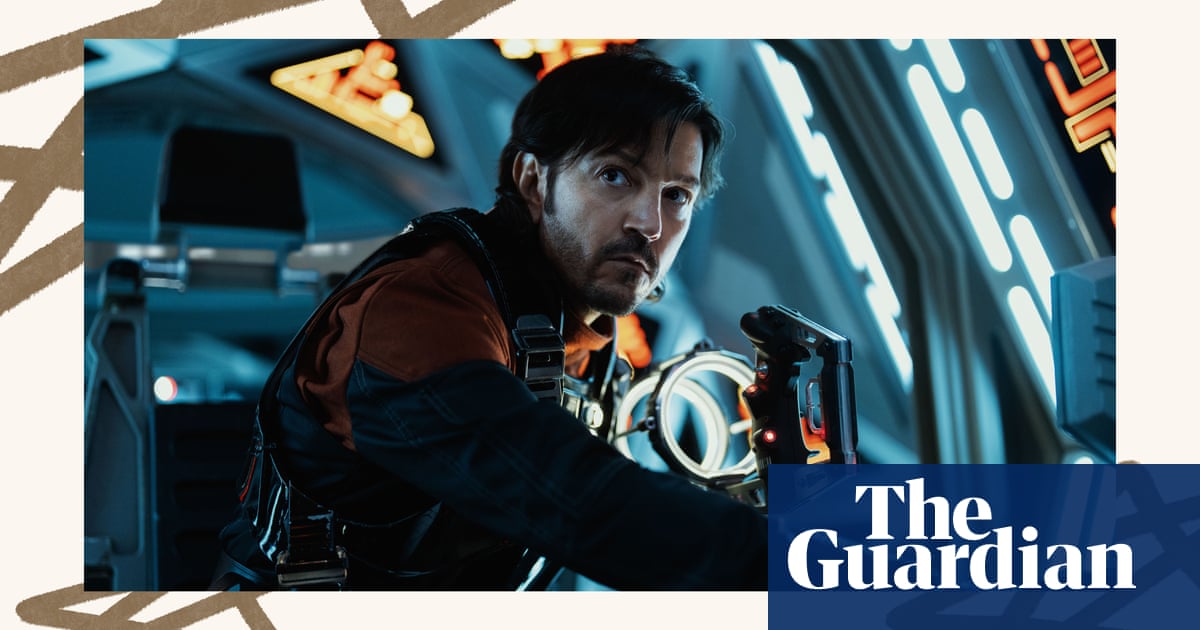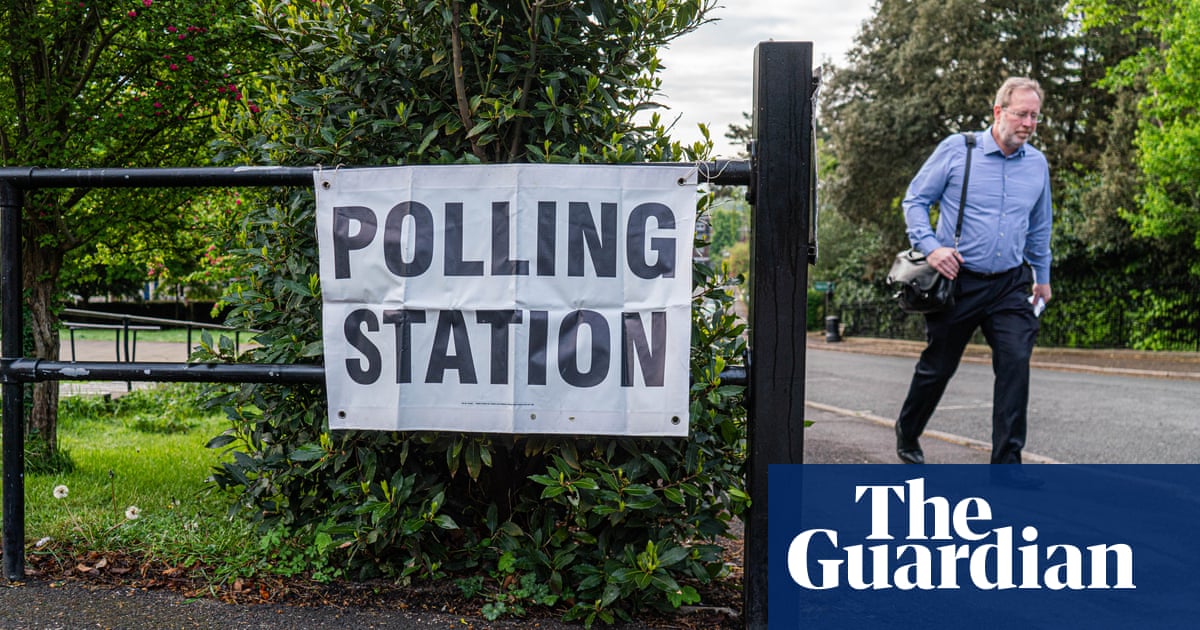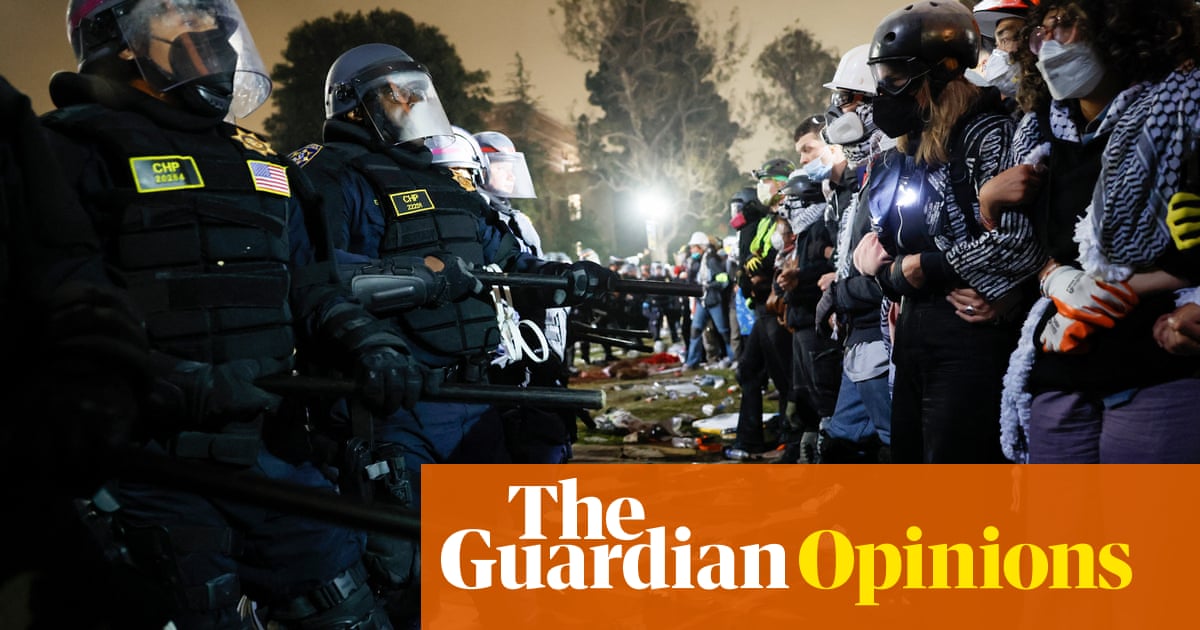Why do we so rarely see Sophocles’ Electra? John Burgess, in a guide to Greek and Roman drama, describes it as being, along with The Cherry Orchard, “perhaps the most formally perfect play ever written”. Nicholas Wright, in his book 99 Plays, is similarly awestruck: “Seeing the play you think, how great, how monumental.”
Yet Daniel Fish’s new production, under the title of Elektra starring Brie Larson of Captain Marvel fame (and spelling Sophokles with an unfamiliar “k”), is only the fifth major London revival in the past 75 years. Scrolling back over those past productions may give us a clue as to the play’s power even if it doesn’t explain its comparative neglect.
I never saw Michel Saint-Denis’s 1951 Old Vic production but I did talk about it extensively to its Electra, Peggy Ashcroft, and she gave me a crucial insight into the play. She told me she had seen a Saint-Denis drama school production and found “it was so modern and accessible that I wanted to do it – it was like a female Hamlet.” Many others made the same comparison. Eric Keown, Ashcroft’s first biographer, pointed out that in both Shakespeare and Sophocles, “royal fathers (Agamemnon in the latter case) had been murdered to make way for intolerable marriages and both Hamlet and Electra stood out in lonely protest”. Even if the reviews questioned both Barbara Hepworth’s design and the use of the chorus (“a row of slightly paralysed debutantes”), there seems little doubt that Dame Peg had the grieving solitude we associate with the Danish prince.

The Hamlet parallels were there again in the stunning for the RSC production that Deborah Warner staged in 1988. In Kenneth McLeish’s version the heroine cried “I am like Niobe, all tears.” Fiona Shaw’s Electra was also torn apart, Hamlet-like, by the idea of her mother, Clytemnestra, and Aegisthus making love in her murdered father’s bed. But another reason for the play’s magnificence hit me: Sophocles’ supreme irony. When Natasha Parry’s Clytemnestra pointed out that she had sought a just revenge on Agamemnon for the sacrifice of their daughter, Iphigenia, Shaw furiously replied “Blood for blood, is that your law?” oblivious to the fact that she herself was driven by precisely the same motive.
Every production, in fact, reveals something new. In 1997 David Leveaux directed a Frank McGuinness version of the play, first at Chichester and then at the Donmar, with Zoe Wanamaker as Electra: a superb performance that combined obsessive grief, sexual disgust and overpowering filial love. But with Electra clad clad like a shabby refugee and the chorus made up of black-dressed, handbag-clutching women, we were constantly reminded of the very recent Bosnia war that had left the city of Sarajevo under brutal siege for four years. The production also stressed that a measure of Sophocles’s greatness is his moral objectivity. While he vividly presents Electra’s suffering, he sees that her compromising sister, Chrysothemis, and their mother, Clytemnestra, have their point of view and that the blood-cycle started with the slaughter of Iphigenia when Agamemnon “cut her soft white throat”.
The most recent Electra was Ian Rickson’s 2014 Old Vic production, again using the McGuinness version, with Kristin Scott-Thomas as the vengeful heroine. For the first time I became aware of Electra as a thwarted mother: at one point Scott-Thomas cradled the urn supposedly containing the ashes of her brother, Orestes, as if it were the baby she had never had. Both actor and director also averted the danger of monomania by showing that Greek tragedy was not without its savage humour. After Clytemnestra had greeted a servant bringing news of the death of Orestes, Scott-Thomas, got a big laugh by announcing “her welcome was not cold”.

So this is a play that combines formal perfection, profound passion, scrupulous fairness and sharp irony. In his acclaimed production of Oklahoma!, Daniel Fish revealed the dark undercurrents to this musical of pastoral romance and territorial celebration. With several of the same cast, including Patrick Vaill and Greg Hicks and with the great Stockard Channing as Clytemnestra, it will be fascinating to see whether he can shed new light on Sophocles just as he did on Rodgers and Hammerstein.

.png) 3 months ago
37
3 months ago
37













































